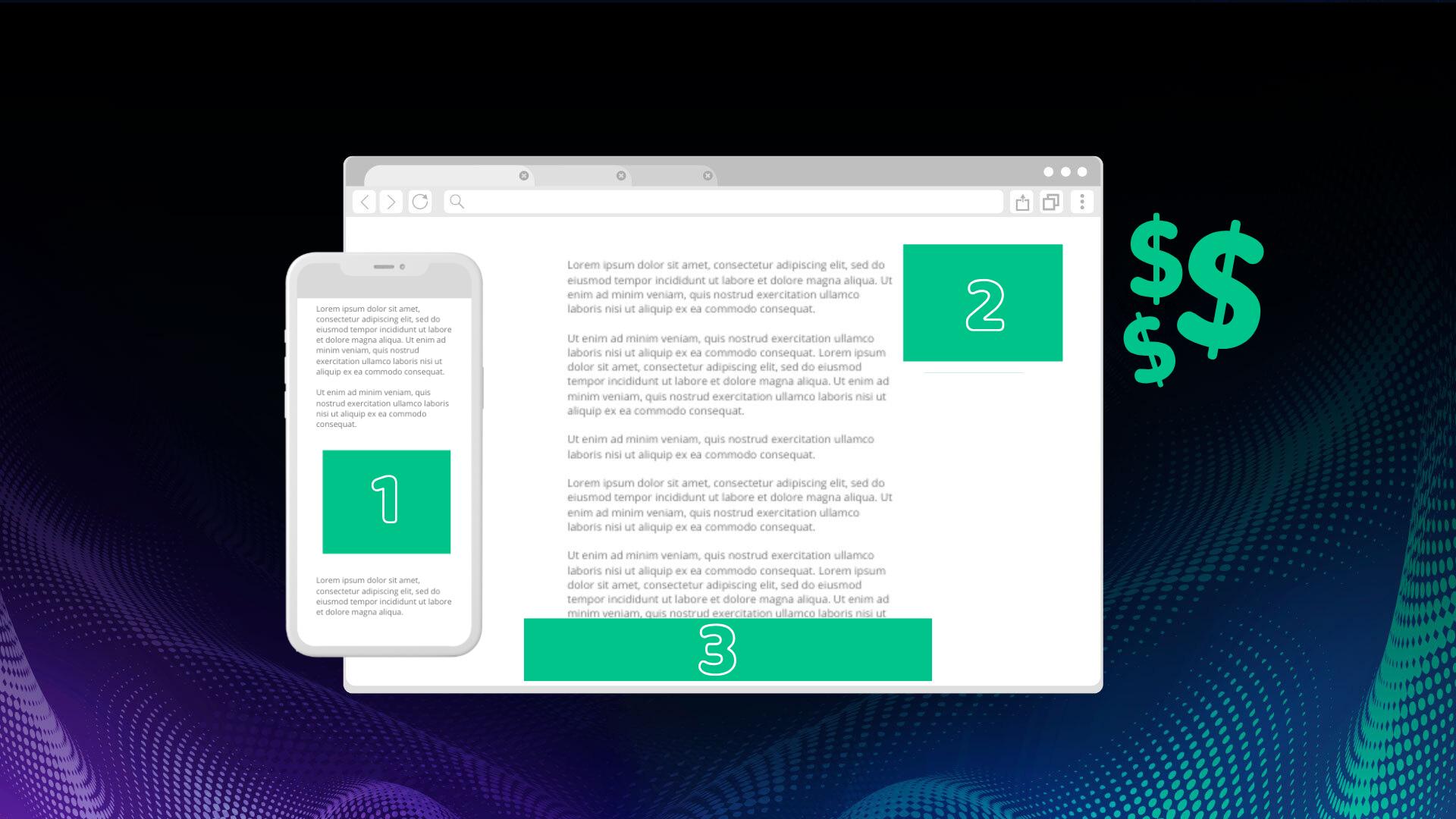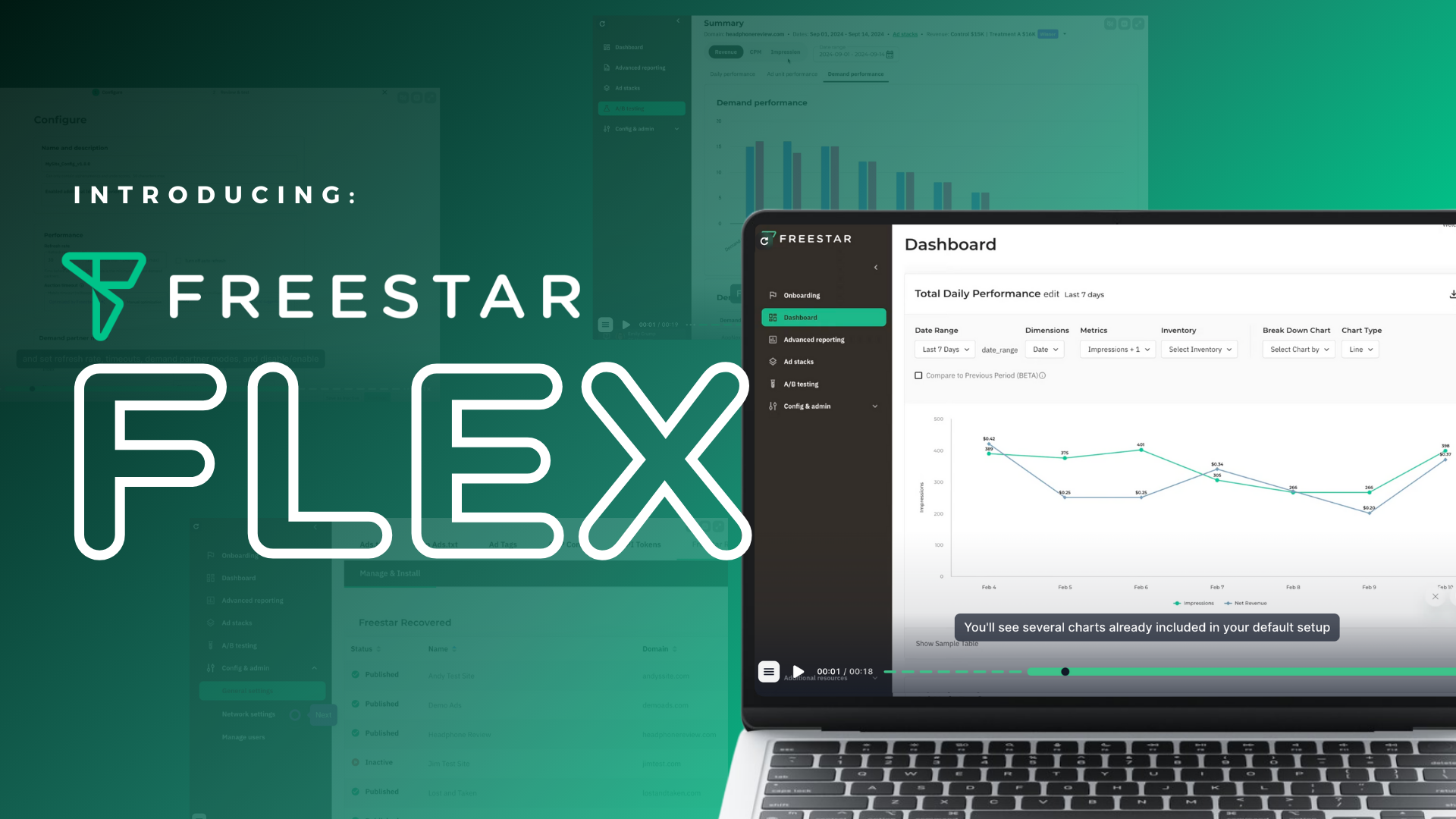Google has just announced their March Algorithm update, and it’s going to be a big one. This rollout is expected to span a month due to the extensive nature of the update. Not only are sites being evaluated and repositioned but there are 3 new spam policies being implemented: expired domain abuse, scaled content abuse, and site reputation abuse.
In light of these changes, these are the top 7 things we advise sites to stop doing immediately:
-
Posting Thin and Low-Quality Content in Abundance
In March 2024 part of Google’s update is specifically targeting “sites abusing scaled content”.
Instead: Invest in high-quality content that is robust and helpful to users. Google has repeatedly stated that content needs to be written by people for people. Since the Helpful Content update, this has become more paramount than ever. For instance, using AI to write entire articles and not simply using it as a tool. Posting one excellent article written by humans for humans will outperform and give better results to a site than a multitude of low-quality articles.
-
Reposting Old Content with Minimal Alterations
Instead: Take a good, hard look at your content. Remove outdated or thin content, and breathe new life into older posts by updating them meaningfully. If significant updates aren’t made, do not repost as a new or updated article.
-
Over-Optimizing Posts
Do not repeat optimized phrases over and over again to hit a certain number. Keywords do not need to be overused in h2 tags.
Instead: Focus on writing for users and not for search engines. Investing in high-quality writing and editorial will have a larger impact than simply reusing the exact phrases and keywords for target numbers.
-
Swap Infinite Scroll for Something Cleaner
Though this used to be a tactic to keep users on the page longer, it is now being viewed in a similar light to MFA.
Instead: Segmenting content into categories and having cleaner pages is more helpful to the user. Content landing pages allow niches to be broken out into additional segments that are easy to understand and consume. This will also bring a more cohesive site experience and be better suited for Google crawling the site.
-
Being a Jack of All Trades
Attempting to cover too many topics or verticals can dilute your site’s focus and authority.
Instead: Instead of trying to be all things to all people, focus on making your site the EEAT of that space! By specializing in specific niches or verticals, you can provide more in-depth, valuable content that resonates with your target audience. This not only helps you stand out from the competition but also makes it easier for search engines to understand and categorize your site’s content, ultimately improving your visibility and rankings in relevant search results.
-
Creating Content Solely for Reach
Instead: While viral content may generate short-term spikes in traffic and attention, it often lacks the staying power and long-term value of evergreen content. Instead of chasing trends and fads, focus on creating content that provides lasting value to your audience. Address their needs, answer their questions, and provide solutions to their problems. By focusing on creating helpful, informative content, you build trust and credibility with your audience, which leads to sustained traffic and engagement over time.
-
Manipulating Search Rankings with Spammy Third-Party Content
It can be tempting to boost rankings by accumulating content for cheap from anywhere you can and using it to gain a foot up, but Google has made it clear that this will be penalized. This targeting (also referred to as “parasite SEO”) began on March 5th, 2024, and can result in pages being removed from search rankings altogether.
Instead: Sites that appropriately utilize third-party pages need to have them not indexed to avoid penalties.
In essence, there are no shortcuts or gimmicks that guarantee success with Google’s updates. User-centricity is paramount across all search engines, emphasizing the importance of quality content. Prioritizing quality not only benefits search engines and users but also positions sites favorably in the evolving technological landscape.
Interested in partnering with us and gaining access to our Audience Development team? Reach out to Freestar via our contact form or by emailing info@freestar.com. Our experts in the field are equipped to help elevate your business.





